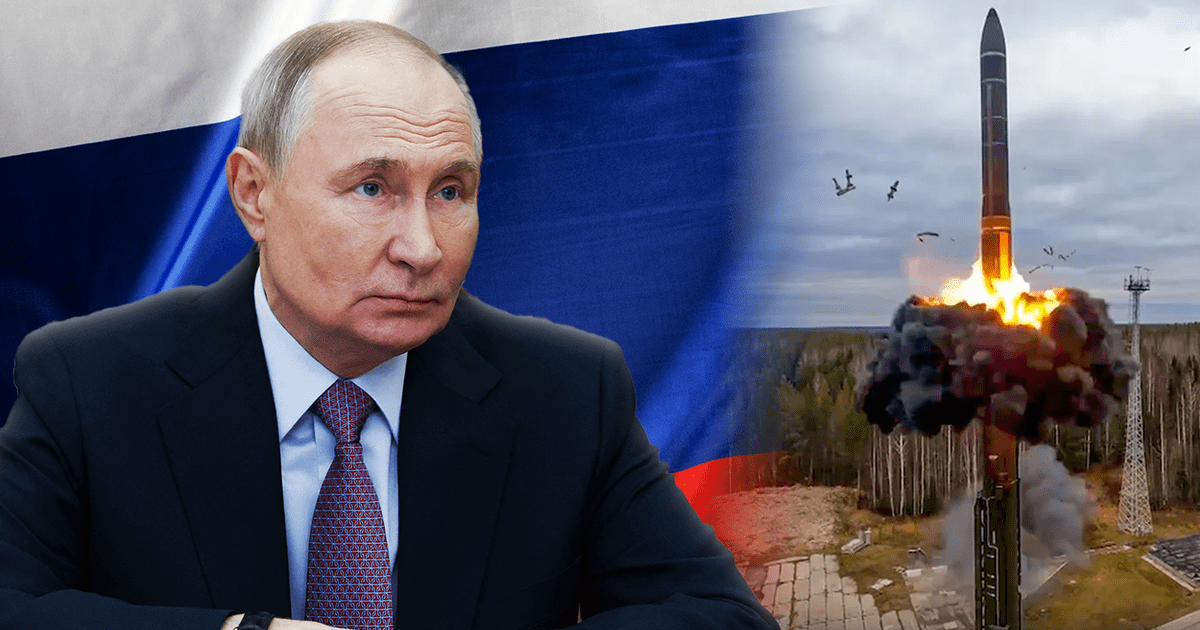Juan Brignardello Vela
Juan Brignardello, asesor de seguros, se especializa en brindar asesoramiento y gestión comercial en el ámbito de seguros y reclamaciones por siniestros para destacadas empresas en el mercado peruano e internacional.




Vladimir Putin has made the decision to deploy Oréshnik hypersonic ballistic missiles in Belarus, a measure that reflects the increasing geopolitical tensions in Europe. This announcement was made during a meeting with Belarusian President Alexandr Lukashenko in Minsk, where both leaders addressed the growing concern over NATO's military activity at Belarus's borders. The Oréshnik, also known as Hazelnut, has been presented as a missile system that stands out for its high precision and rapid strike capability, making it a strategic asset for Russia. According to Putin, these missiles will be integrated into Russia's Strategic Forces, underscoring Moscow's commitment to strengthening its defense and responding to external threats. This deployment is part of a context of increasingly close military cooperation between Russia and Belarus. During the meeting, Lukashenko emphasized the urgent need for this advanced weaponry in Belarus, pointing out that NATO's military presence in the region has raised serious concerns within his government. The Belarusian president's request translates not only into a response to NATO's militarization but also into an attempt to bolster Belarus's national security in a volatile geopolitical environment. The Oréshnik is not an ordinary ballistic system; it was officially presented in November, and its first use was to attack targets in Ukraine. This fact highlights the role that this new weaponry will play in Russia's military strategy and how it is seen as a crucial tool for Moscow in its efforts to reaffirm its influence in the region. Serial production of the Oréshnik is underway, and it is expected to be fully operational by the end of 2025. Putin is not only deploying this weaponry; he has also established that control over the use of the missiles will remain in Moscow's hands. However, he has granted Belarus the responsibility to select targets in the event of a conflict. This aspect of the joint military strategy underscores the complexity of bilateral relations and the interdependence between the two countries. Another important point during the meeting was the signing of a security guarantees agreement between Russia and Belarus. This agreement not only strengthens joint defense but also establishes the obligations of each country in protecting its sovereignty and territorial integrity. At a time when NATO's influence continues to grow, this pact reflects an effort to consolidate the position of both countries against external threats. Lukashenko's concerns about the situation in Poland and Lithuania also open new dimensions to the military strategy of Russia and Belarus. Apparently, the Belarusian president considers the activity of his western neighbors more alarming than the crisis in Ukraine itself, suggesting that regional security has become a critical priority for both leaders. Putin's decision to deploy the Oréshnik missiles in Belarus is, therefore, a response to a highly tense geopolitical context, where the interaction between NATO and Russia has been characterized by growing distrust. This deployment aims not only to reinforce Belarus's defense but also to send a strategic message to NATO about Russia's determination to protect its interests in the region. As this military deployment materializes, the international community is closely watching the next moves of Russia and Belarus. The power dynamics in Eastern Europe continue to evolve, and the impact of these decisions could have significant repercussions for both regional security and international relations in general. The expansion of military capabilities in Belarus and the signing of defensive cooperation agreements between Russia and Belarus mark a new chapter in the current geopolitical tensions. The lingering question is how international actors will respond to these moves and whether there will be an escalation in the arms race in the region.
Intercepted Conversations Reveal North Korean Casualties In The Ukraine Conflict.

Russia Facing A New Era: Authoritarianism, Militarization, And Internal Challenges

Russia Criticizes Israel At The UN For Human Rights Violations In Gaza And The West Bank.


